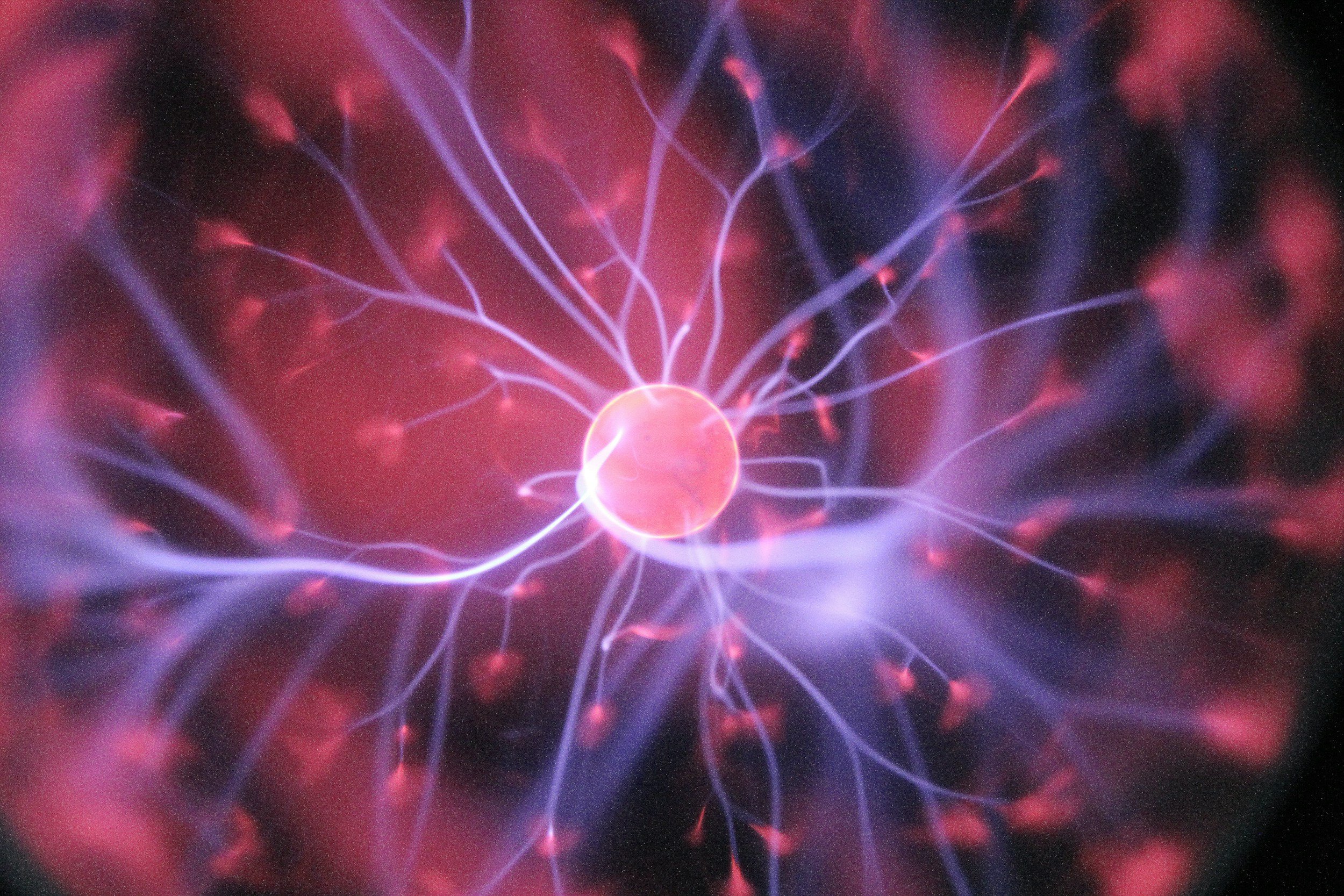What Happens in Your Brain During Yoga?
What Happens in Your Brain During Yoga?
And how our classes support more than just your body.
If you’ve ever walked out of a yoga class feeling calmer, clearer, or more connected to yourself, that’s not just in your head—it’s also in your brain.
Yoga doesn’t just work your muscles. It rewires your nervous system. From improving focus to softening the stress response, the benefits go beyond the mat and into your day-to-day mental state.
Here’s a glimpse of what’s happening behind the breath and how Yoga Baum’s class offerings support those deeper shifts.
1. Your Brain on Breath: Calming the Stress Response
One of the first things to shift during yoga is your breath and that shift has a powerful ripple effect.
When you breathe slowly and with awareness, you activate your parasympathetic nervous system (your “rest and digest” mode), which helps lower cortisol levels and ease the fight-or-flight response.
A 2018 review published in Frontiers in Human Neuroscience found that slow, controlled breathing enhances vagal tone, reduces anxiety, and supports emotional regulation by influencing brain areas like the limbic system.
Try it at Yoga Baum:
Our Restorative Yoga (Tues & Thurs 6:45pm), Candlelight Yoga (Mon 7:30pm), and Meditation (Sat 8:15am) classes are specifically designed to guide you into this calmer state—with dim lights, quiet pacing, and breath-led movement.
2. Sharper Focus, Fewer Distractions
Yoga also supports cognitive function—especially focus, memory, and attention.
A 2017 study published in PubMed Central found that participants in a brief yoga program showed significant improvements in working memory and mindfulness. These changes were linked to increased activity in the prefrontal cortex and reduced mind-wandering, suggesting yoga may boost sustained attention.
Put simply: yoga helps you be here now.
Try it at Yoga Baum:
Morning classes like Sunrise Flow (Thurs 7am) and Core Express (Fri 8am) blend mindful movement with clarity-building breathwork. They’re energizing but grounded—perfect for starting your day with focus and presence.
3. Interoception: Tuning In Instead of Zoning Out
Yoga also increases interoceptive awareness—your ability to sense what’s happening inside your body (like heart rate, hunger, or emotional shifts).
This inner awareness helps you recognize your needs earlier and respond more kindly to them. Interoception has been linked to reduced anxiety, improved decision-making, and better emotional resilience.
In a 2019 article published in Frontiers in Psychology, researchers describe how mindfulness-based practices like yoga enhance interoceptive awareness and contribute to emotional regulation and self-compassion.
Try it at Yoga Baum:
Our Gentle Yoga + Restorative (Mon & Fri 9am), Slow Flow (Wed 4:15pm), and Slow Flow + Restorative (Wed 12pm, Sat & Sun 9am) classes offer moments of pause and reflection woven into movement. These are great for tuning in not just working out.
Yoga Isn’t Just Good for You. It Changes You.
At Yoga Baum, we love helping you feel better in your body but we also care deeply about how you feel in your brain and nervous system. Whether you’re showing up to release tension, build mental clarity, or simply find your breath again, your practice is doing important internal work.
No experience required. No flexibility test.
Just come as you are and let the science take it from there.
🧘♀️ See this week’s schedule → BOOK HERE
📚 References
Zaccaro, A., et al. (2018). How Breath-Control Can Change Your Life: A Systematic Review on Psycho-Physiological Correlates of Slow Breathing. Frontiers in Human Neuroscience, 12, 353.
Gothe, N. P., et al. (2017). Yoga Effects on Brain Health: A Systematic Review of the Current Literature. PubMed Central.
Khalsa, S. S., & Lapidus, R. C. (2019). Mindfulness, Interoception, and the Body: A Contemporary Perspective. Frontiers in Psychology, 10, 2012.

